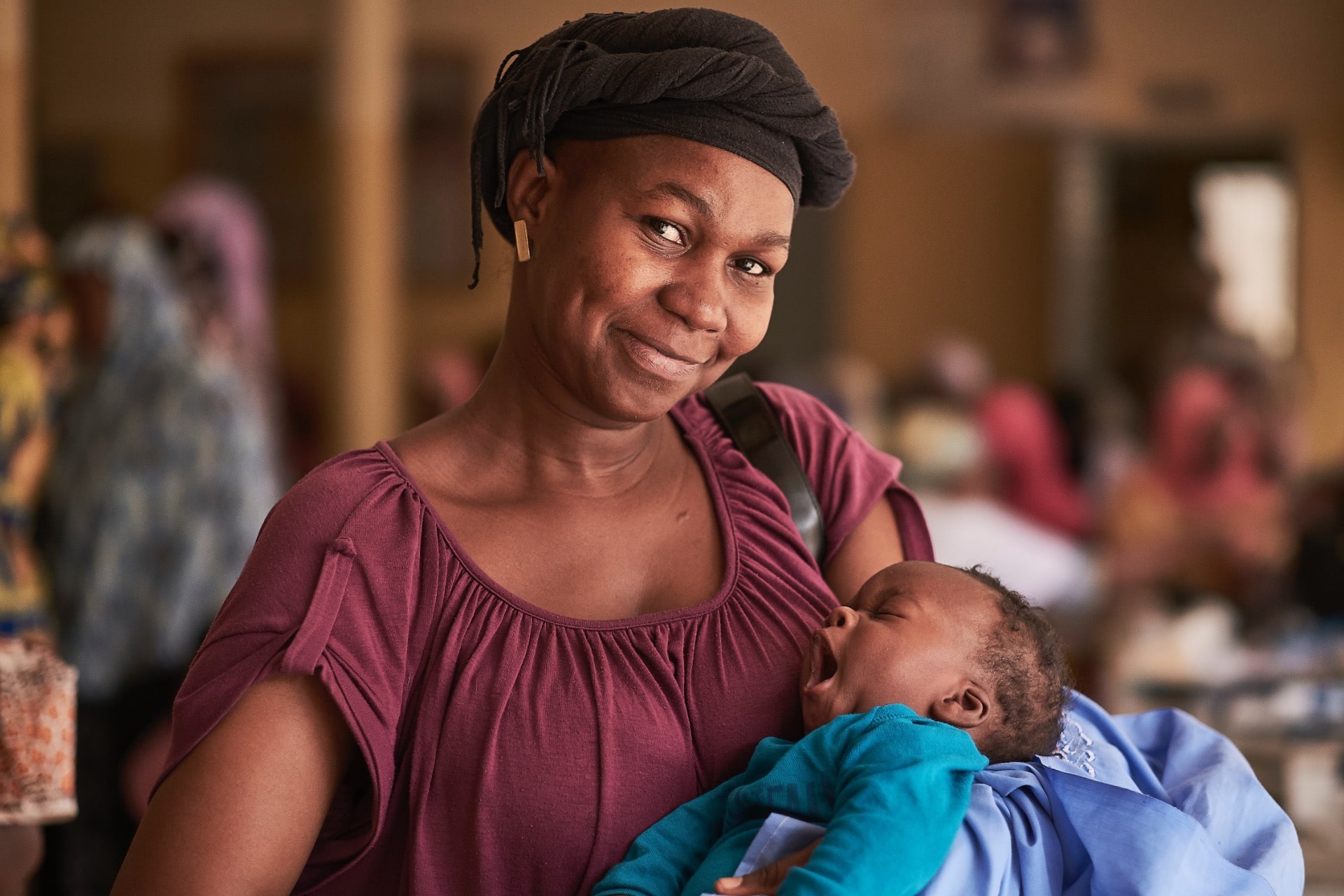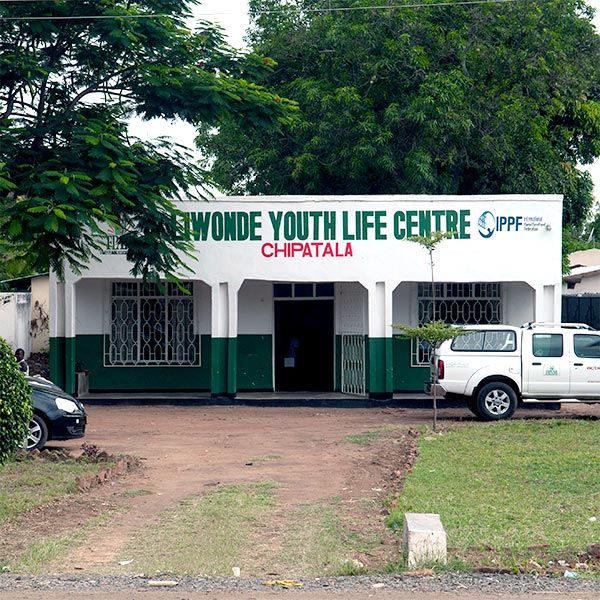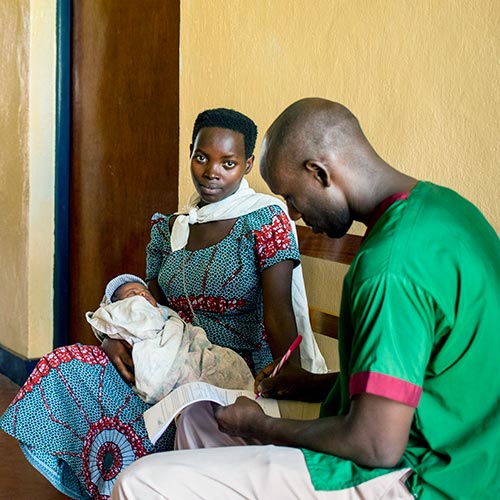The Global Gag Rule
$0,000,000 lost funding
At the time of the reinstatement of the Global Gag Rule (GGR) in January 2017, IPPF had 53 projects operating in 32 countries in Latin America and the Caribbean, Sub-Saharan Africa, and South Asia. These projects were managed by our Member Associations (MAs) and provided essential and life-saving healthcare to underserved and marginalized communities. In some MAs, service delivery decreased by up to 42% from 2016 to 2017 – part of this loss in services is attributable to the GGR.
Donor support provides emergency funds to help “plug the gap” created by GGR, but there are marked differences in the scale of projects, availability of technical assistance, sustainability of small healthcare enterprises, and most of all, communities have suffered a significant disruption in the availability of safe, comprehensive and rights-based healthcare provided by IPPF.
What is the Global Gag Rule?
The Global Gag Rule (GGR), or Mexico City Policy, denies US funding to organisations like IPPF if they use non-US funds to provide abortion services, counselling or referrals in accordance with national law. It blocks critical funding for services like contraception, maternal health, and HIV prevention and treatment. Evidence from previous policies shows that eliminating access to contraception leads to more forced pregnancy and unsafe abortions.
32 countries and 53 healthcare projects worldwide are affected by the Global Gag Rule
African countries affected
- Botswana $1,444,503 (HIV, Orphans, Vulnerable Children, Young People)
- Burkina Faso $1,026,000 (FP, Commodities, Outreach)
- Burundi $2,137,146 (HIV, ART, PMTCT, Outreach)
- Cote d'Ivoire $600,000 (Social franchising, FP)
- Ethiopia $8,500,000 (HIV, ART, Young People, PMTCT, STI, Key Populations FSW)
- Kenya $1,500,000 (Outreach, Key Populations, HIV, GBV)
- Lesotho $2,137,932 (HIV, ART FP, Outreach, Young People, Young girls, CSE)
- Liberia $1,340,000
- Malawi $3,342,915 (HIV, Outreach, Key Populations FSW)
- Mali $1,414,500 (FP, contraceptives)
- Mozambique $3,100,000 (FP, Outreach, Young People, HIV, TB, Malaria)
- Senegal $1,440,000 (Maternal and child health, Nutrition, HIV, STI)
- Swaziland $1,490,000 (HIV, ART)
- Tanzania $900,000 (CSE, Outreach, FP)
- Togo $880,449 (FP)
- Uganda $2,597,130 (Advocacy, FP, Outreach)
- Zambia $3,827,007 (HIV, Key Populations)
South Asia countries affected
- Afghanistan $900,000 (Young People)
- India $2,160,000
- Nepal $3,300,000
- Pakistan $146,521 (Maternal and child health, Commodities)
- Sri Lanka $1,040,802 (HIV)
Western Hemisphere countries affected
- Barbados $700,000 (HIV)
- Belize $250,000 (GBV)
- Colombia $1,200,000 (Zika, HIV, Key Populations)
- Dominican Republic $500,000 (Zika)
- El Salvador $500,000 (Zika)
- Guatamala $600,000 (Zika, HIV, Key Populations)
- Honduras $500,000 (Zika)
- Panama $60,000 (HIV, Key Populations)
- Trinidad & Tobago $219,000 (HIV)
The services affected
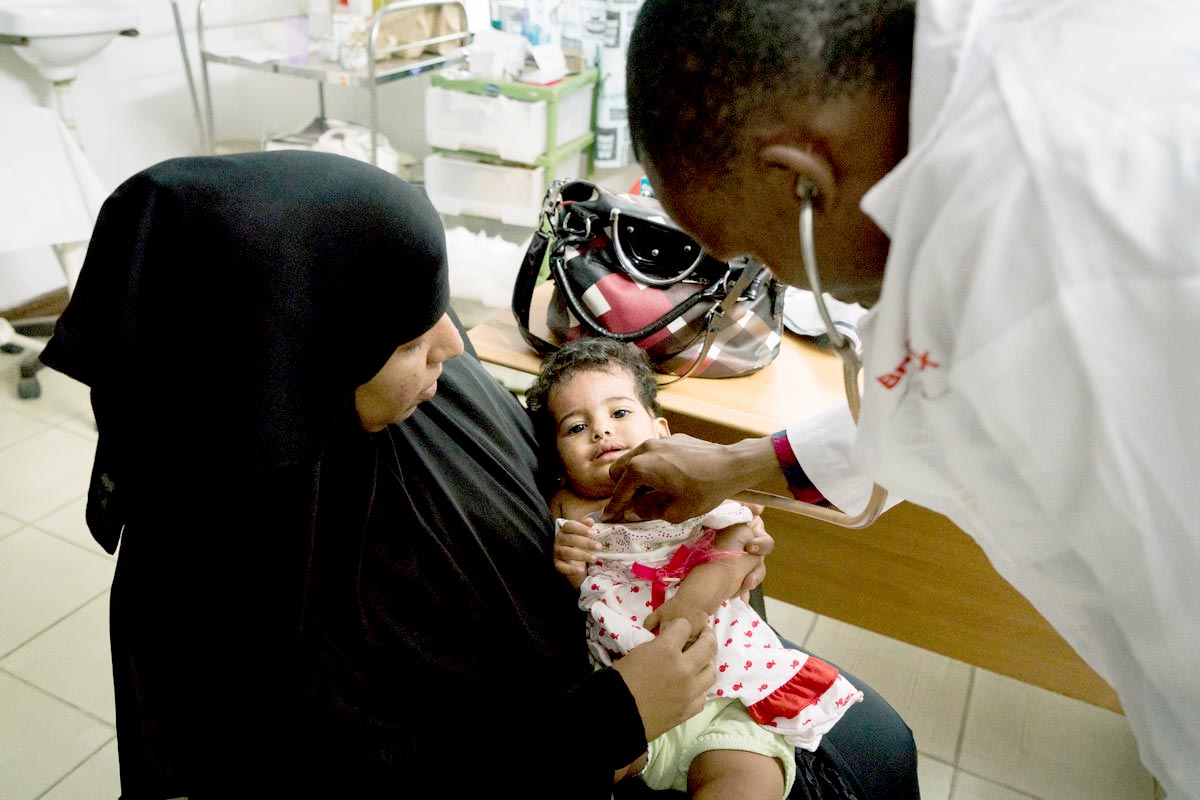
The Global Gag Rule and its impact in Kenya
Single mother of five, Mary Mukuhi, is a businesswoman and family planning volunteer in one of Nairobi’s biggest slums, Kibera. Over the last two years she has seen first-hand the impact of the Global Gag Rule (GGR).
“At the end of the day, the quality of service is compromised.”
The Global Gag Rule - two years on
Since the implementation of the Global Gag Rule, IPPF's Member Association Association Sénégalaise pour le Bien-Être Familial (ASBEF) were forced to close three of their five clinics. Clinics based in rural and hard to reach areas. Communities that relied on the ASBEF clinic for healthcare, were left without quality and affordable care. ASBEF knew how important it was to keep services open in rural areas, so with funds from IPPF's GGR Emergency Grant, they created pop-up health clinics to help try and bridge poor and marginalzed communities with the quality healthcare.
“Quality of life in the suburbs is low and unemployment is high. People struggle to make money to eat, let alone to access proper healthcare.”
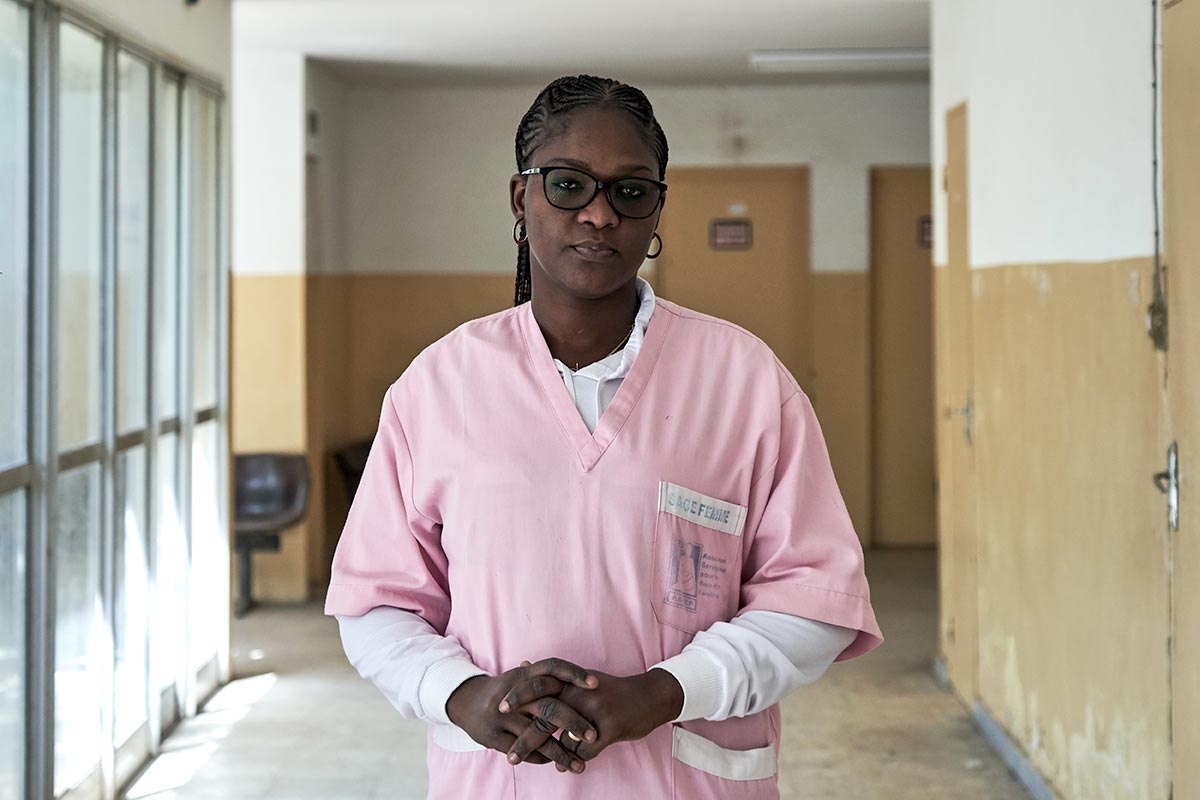
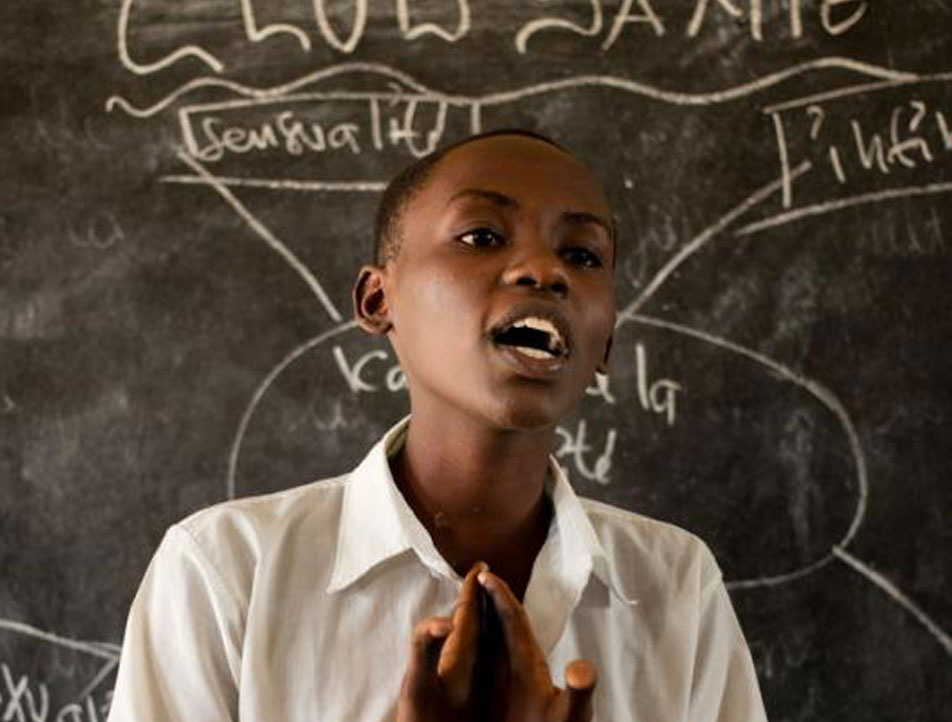
Integrated HIV testing and sexuality education for students in Burundi
Collaborating with schools, ABUBEF has been offering both medical care, HIV testing and sexuality education to students in Bujumbura. These clinics are now due to close because of Global Gag Rule.
“if there are not regular visits by the medical staff from the clinic, then we will have no one to seek information and advice from.”
The Global Gag Rule (GGR) cuts deep into sexual and reproductive healthcare in Mozambique
Albertina's story - People from different countries have come to learn from Albertina and her ground-breaking project that has changed the culture around HIV in Maputo. Despite its success, GGR will cut funds to the project.
“We estimate half million people across their HIV, tuberculosis, malaria and family planning projects will be affected.”
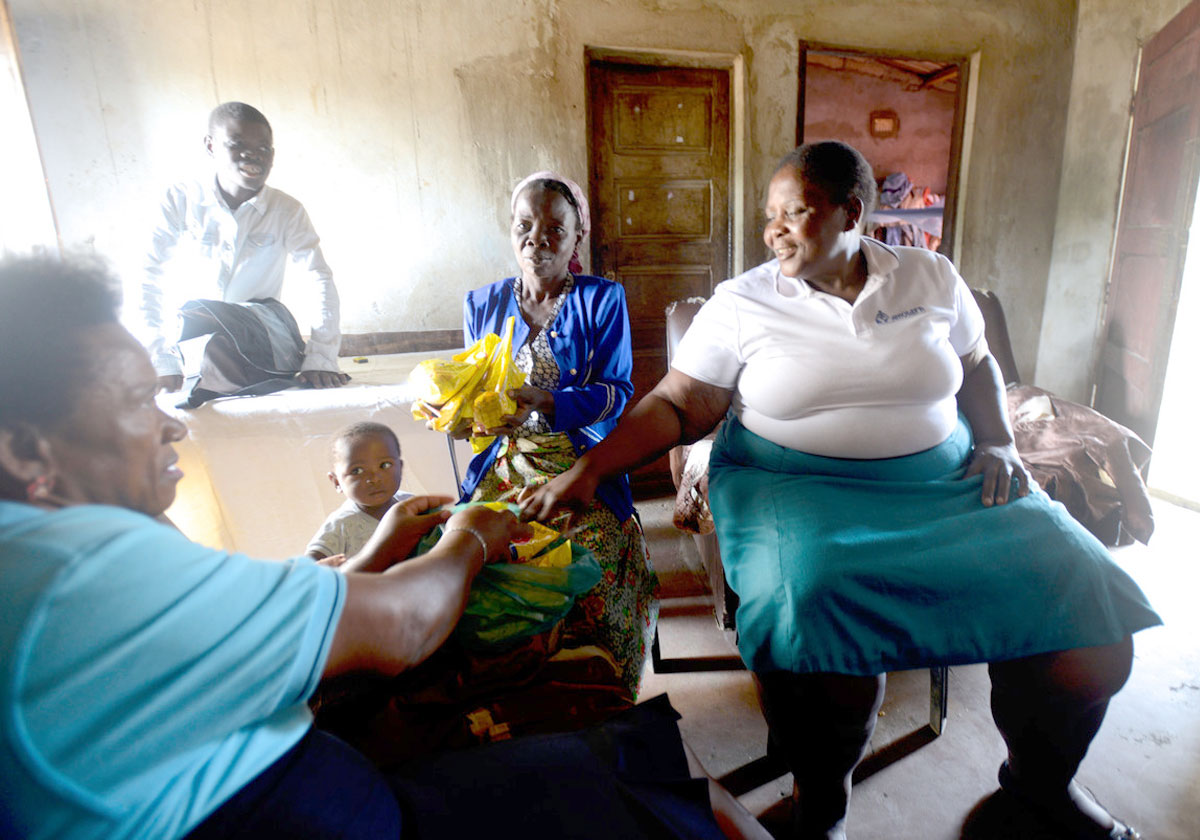
Case studies from around the world
Botswana
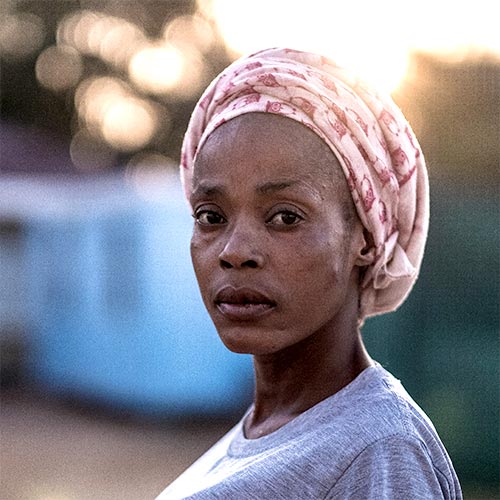
“I’m a sex worker and peer outreach worker for the Nkaikela Youth Group. We reach the other sex workers because we are the ones that know them. We go to their houses, we go to the hotspots like clubs and the street; we reach them and encourage them to come here [to the Youth Group],” says Jackie Selelo, 34, sitting in one of the temporary office buildings at the Nkaikela Youth Group in Gaborone.
Uganda
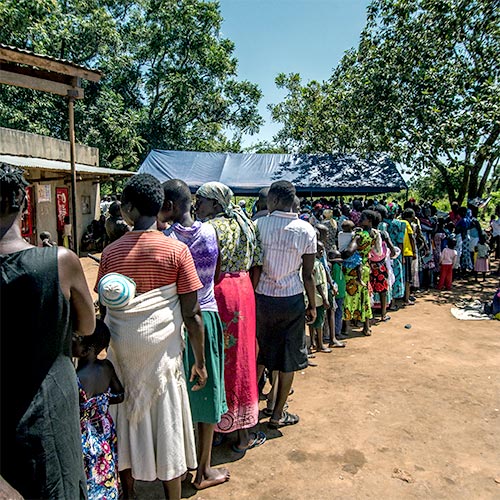
Access to family planning is limited in Uganda and the contraceptive prevalence rate stands at only 30%. In remote communities, the situation is far starker and most women rely on mobile clinics or Village Health Teams (VHT) to manage their sexual and reproductive health. Now, as a result of the reintroduction of the Global Gag Rule, many of these services are now facing funding cuts and thousands of women, like Grace, have been put at risk.
An introduction to the Global Gag Rule from PAI
Tanzania: Fighting back against the Global Gag Rule
How we are working on closing the funding gap?
We are grateful to our donors that have come forward to make emergency GGR funding possible, including the governments of Belgium, Canada, Denmark, Norway, Sweden, and the Hewlett Foundation. IPPF is determined to continue to find ways to close the funding gaps and provide short term and long term support to ensure that life-saving sexual and reproductive healthcare providers can continue operating.
To date, we have successfully provided grants to MAs that have been affected by GGR. The US remains the biggest donor of family planning and health assistance worldwide, and although emergency funding helps keep our clinics open and our MAs functional, it is difficult to develop scalable and sustainable projects without long term technical assistance, as well as continually responding to the disruptive effects of GGR and a shifting socio-political landscape.
Why we will not sign the GGR
IPPF believes reproductive health is a right and everyone should be able to make choices about their well-being. Therefore IPPF will not support policies which actively restrict or violate an individual’s right to choose.
The Global Gag Rule not only undermines but violates these rights and therefore, IPPF cannot and will not support it.
when







